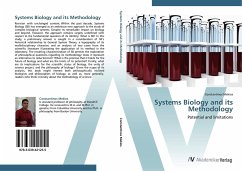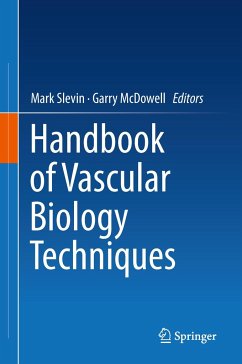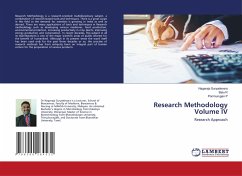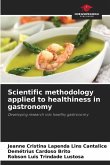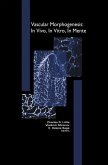Revision with unchanged content. Within the past decade, Systems Biology (SB) has emerged as an ambitious new approach to the study of complex biological systems. Despite its remarkable impact on biology and beyond, however, the approach remains largely undefined with respect to the fundamental question of its identity: What is SB? In this study, a preliminary answer is sought in a consideration of SB s historical relationship to General System Theory, a topography of its multidisciplinary character, and an analysis of two cases from the scientific literature illustrating the application of its method in the laboratory. The resulting characterization of SB permits the exploration of philosophical questions regarding its methodology: Does it represent an alternative to reductionism? What is the promise that it holds for the future of biology and what are the limits of its potential? Finally, what are its implications for the scientific status of biology, the unity of science project, and the philosophy of biology? Given the scope of its analysis, this book might interest both philosophically inclined biologists and philosophers of biology, as well as, more generally, readers who think critically about the methodology of science.
Bitte wählen Sie Ihr Anliegen aus.
Rechnungen
Retourenschein anfordern
Bestellstatus
Storno

